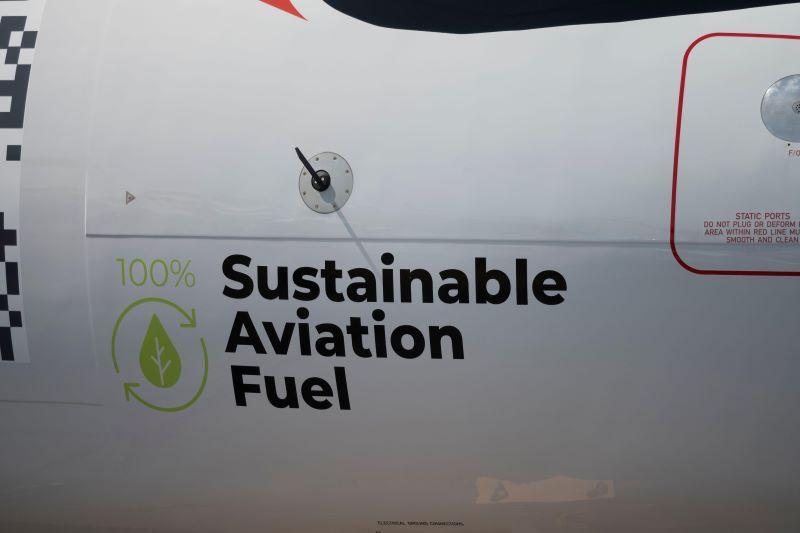
Government officials from the U.S., UK, Canada, and Singapore convened at an international conference in Detroit May 15, seeking to encourage private investment in the creation of sustainable aviation fuel (SAF) plants.
The senior government ministers from the U.S., U.K. and Canada will chair the SAF Investor Summit. The U.S. and U.K. governments are pumping in funding to kickstart the construction of SAF plants, but the conference is an acknowledgment that private money will be required to help realize the quantities of SAF required by the airline industry.
The summit is being attended by a broad spectrum of parties, including Boeing, IATA, United Airlines, JP Morgan Chase, World Energy, and the American Petroleum Institute.
The summit will promote dialogue about overcoming global sustainability challenges. These include the “widespread sourcing of materials to produce next-generation fuels,” as well as the investment needed to help deliver them, according to the UK government.
The airline industry has made clear in recent years that it will acquire all the SAF that can be produced, but that the quantities currently emerging from early SAF plants are a drop in the bucket compared to its requirements. Several major SAF plants around the world are scheduled to come on-line in the next three years.
U.K. Transport Secretary Mark Harper is meeting U.S. Transportation Secretary Pete Buttigieg and his Canadian and Singaporean counterparts, Omar Alghabra and S Iswaran, respectively, to discuss their efforts to decarbonize air travel.
Accelerating the development of SAFs will form part of their discussions.
“While an ocean separates us, we’ve never been more aligned with the USA on the future of aviation and what that entails—whether it’s boosting jobs, opening new trade opportunities or delivering guilt-free air travel,” Harper said.
The U.S. and U.K. governments will examine how to get SAF plants working at scale and promote the fuel as a solution to tackling climate change, as well as creating jobs and skills for future generations.
